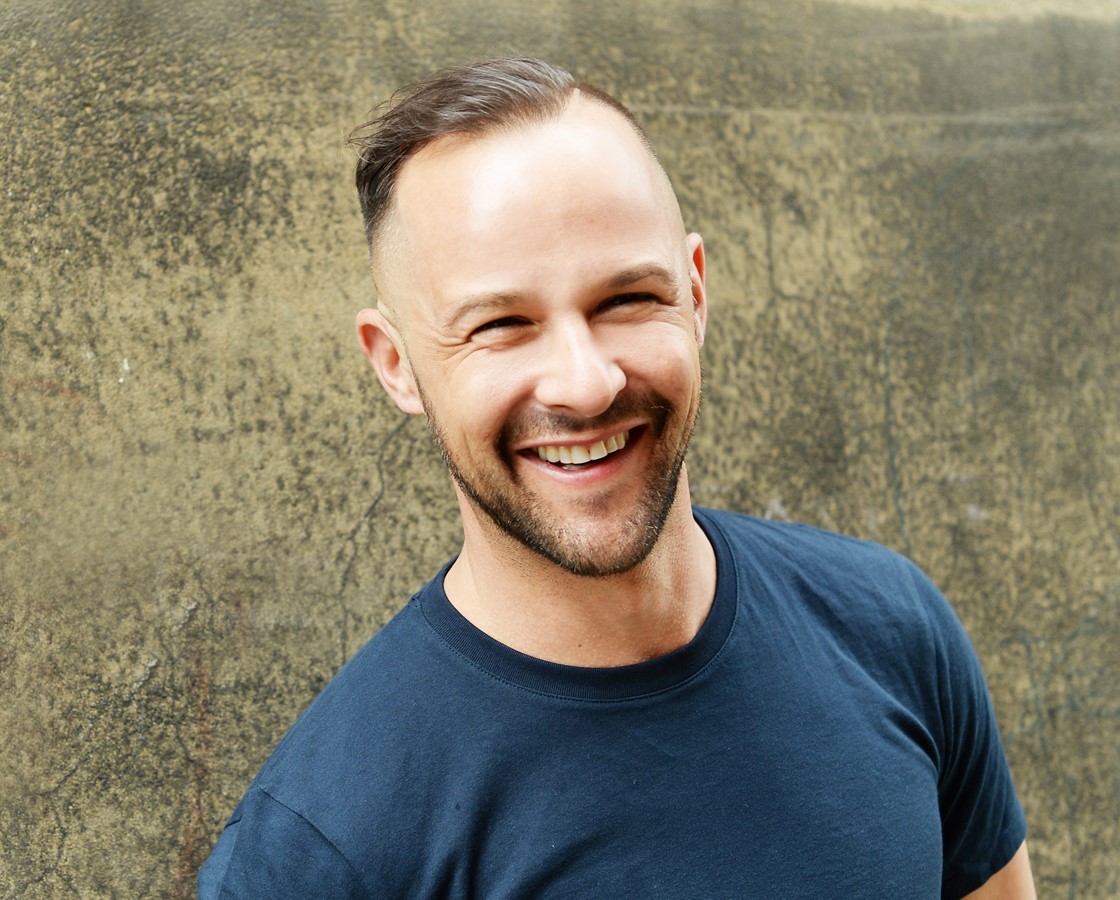Duncan Long is a therapist in Central London and online
What attracted you to become a therapist?
When I began my therapy journey as a client 15 years ago, I knew that this was a world that I wanted to stay in - the journey of self-exploration and healing. Fast forward, and here I am eight years into my private practice, feeling grateful on a daily basis that I'm able to help others work towards positive change in their lives.
Where did you train?
At the Psychosynthesis & Education Trust in London
Can you tell us about the type of therapy you practise?
Psychosynthesis is a transpersonal therapy that focuses on personal development and growth. This approach looks at the different parts of us and works towards understanding the inner conflicts within, with the goal of developing increased harmony to our internal and external worlds. My first therapist was psychosynthesis-trained and I loved the approach so much that I decided to choose this model for my work. I was also drawn to the transpersonal element, which is the integration of the spiritual and human experience. That said, my approach has become integrative as I have developed my practice.
How does psychosynthesis help with symptoms of addictive behaviours?
As part of the process we recognise and name the different parts that we have within us. Examples could be "the carer", "the creative", "the victim", "the adventurer", so we also explore "the addict" within us and what lies underneath the triggering and acting out. We can then start to build a new part within us - "the sober person". As the therapeutic process develops and unfolds, we start to synthesise and integrate all the different parts of us.
What sort of people do you usually see?
In my private practice I work with adults, both individually and couples. A lot of my clients come to me because they are struggling with anxiety, panic attacks, depression, personal relationships, addictions or addictive behaviours, as well as self-sabotaging thoughts and behaviours. I work in the LGBT+ community with issues around sex, chemsex, sexuality, gender and shame.
I am also a therapist in a primary school in North London, counselling children from ages 7-11, who are struggling emotionally.
What do you like about being a therapist?
The process in the therapy room and the relationship between therapist and client is unique and I value this greatly. I feel honoured to walk alongside my clients on their journey of self-discovery and healing/recovery. I experience the therapeutic relationship as a two-way street; I learn so much from my clients as they can offer me different perspectives that I may not have considered before.
What is less pleasant?
I enjoy all elements of the work, but it can be challenging at times to bear witness to my clients' pain. It's very hard to see anybody that we care about in pain and one of my roles as a therapist is to be with them in this. That said, the healing power of having somebody just sitting in your pain with you, without them trying to "fix" it, is immeasurable.
How long you've been with welldoing.org and what you think of us?
It's a true pleasure to be involved with the team at welldoing.org as there is a genuine sense of community, which allows for authenticity and belonging for all involved.
Do you ever suggest books or apps to clients?
I incorporate mindfulness within my practice and will often recommend apps e.g.: Balance, Headspace and sometimes YouTube/Ted Talks that are relevant to a particular client's journey. I recommend that everybody reads The Four Agreements by Don Miguel Ruiz - an easy-to-read practical and heartfelt guide to freedom from self-limiting beliefs. I'm also a big fan of Brené Brown and often point clients in the direction of her Ted Talks or books.
What you do for your own mental health?
I ensure that I am focused as much as possible on practising self-compassion and self-acceptance, as I know this is key to a healthy and compassionate relationship with myself. I cultivate this by practising mindfulness. On more of a "practical" level, there are three essentials for me in order to thrive: exercise, a healthy and balanced diet and human connection.
You are a therapist in London. What can you share with us about seeing clients in this area?
My practice is in Central London, which means a lot of my clients are coming with stress and burnout as a result of expectations that come with high-pressured jobs, combined with challenges that they are coming up against in their personal life. I also work with addicts, as the pace of city life and the temptations that satisfy instant gratification can be overwhelming and triggering for those struggling with addictions..
What's your consultation room like?
I work from a peaceful and comfortable space in Central London. My room is cosy, bright and on the top floor of a beautiful Georgian building.
What do you wish people knew about therapy?
That as much as therapy can be challenging at times, it can also be an enjoyable process and even fun! I'm also keen to dispel the myths that in therapy we are constantly looking at the past, as whilst our history is important, therapy is also very much about the here-and-now and creating positive change for the future.
What did you learn about yourself in therapy?
Where to start, there is so much to say here! Learning that I have an inner critic was a massive revelation at the beginning of my journey and then understanding how much the critic and judge within me has interrupted self-compassion. I have developed a much more loving relationship with myself over the years, which enables me to gently guide my clients towards experiencing this for themselves.



